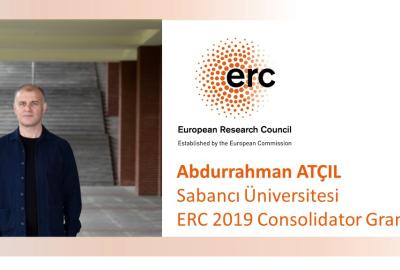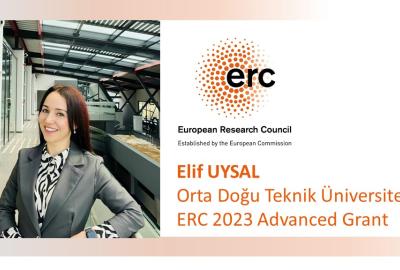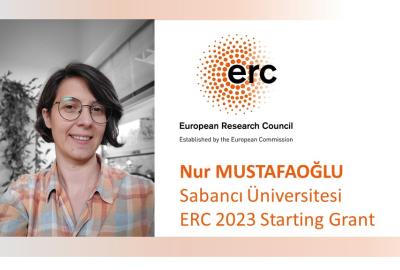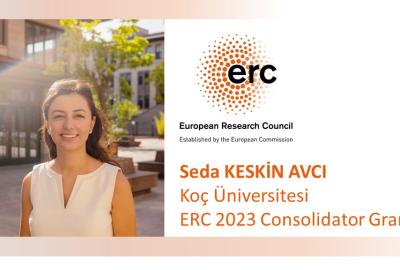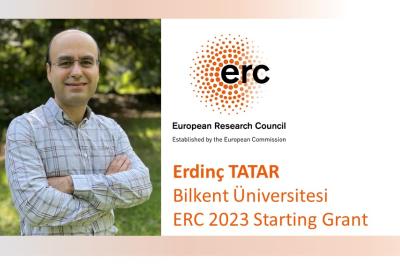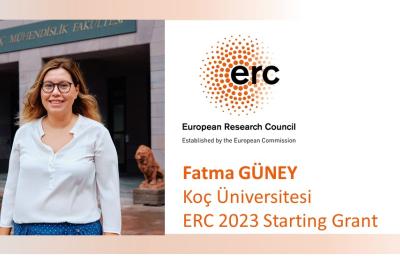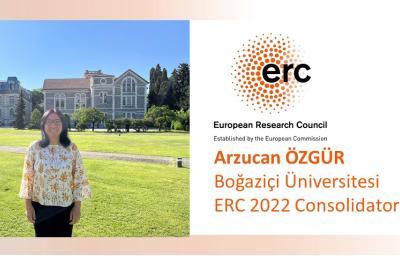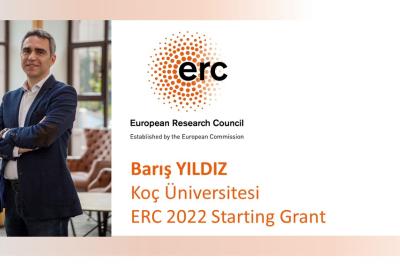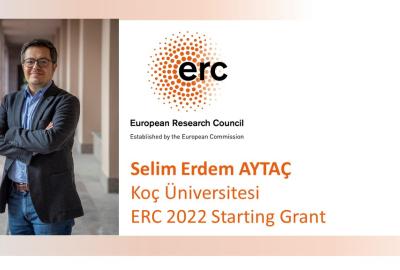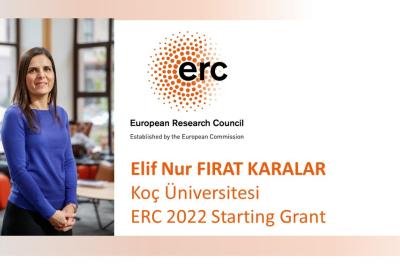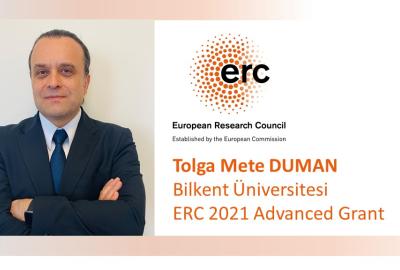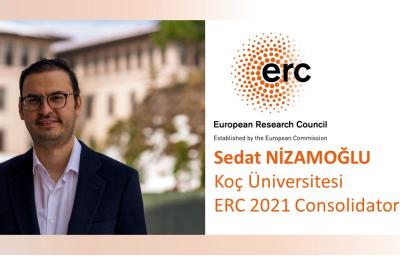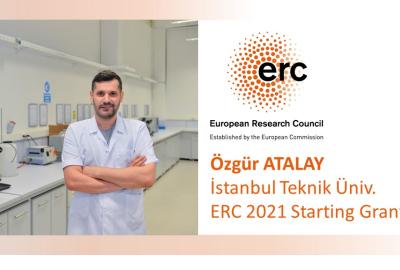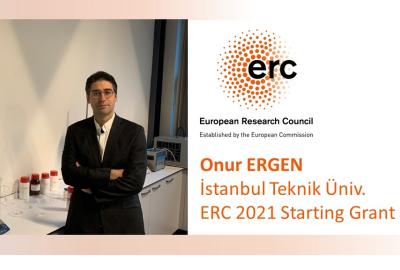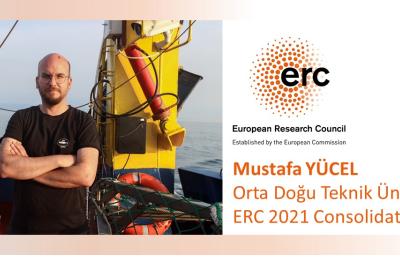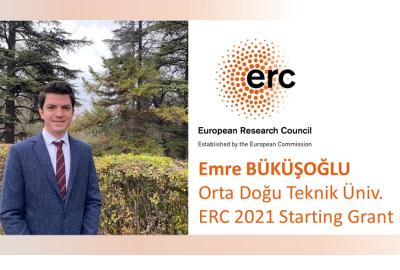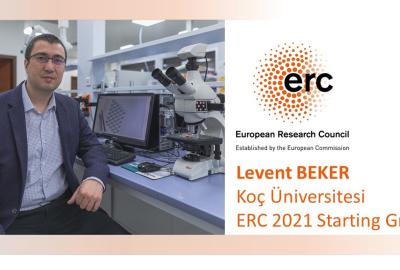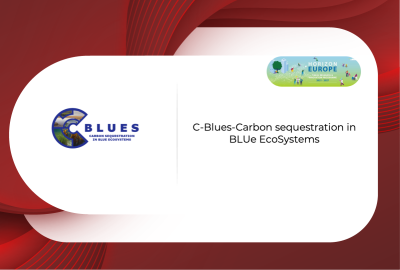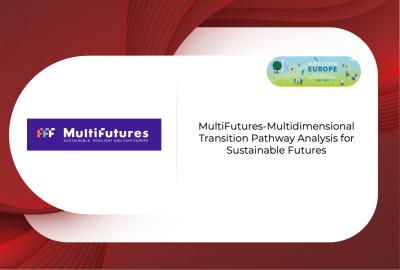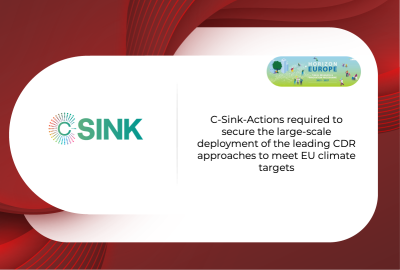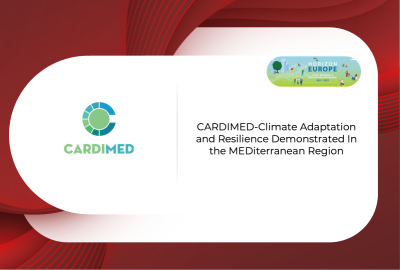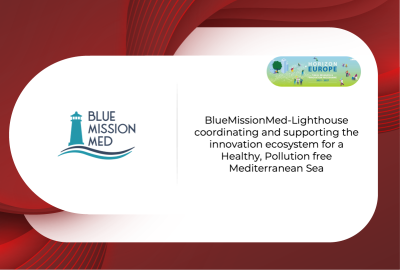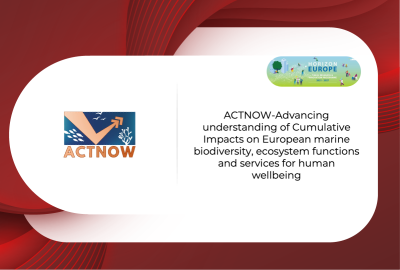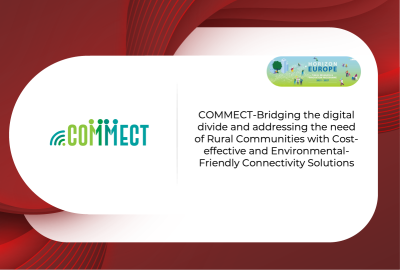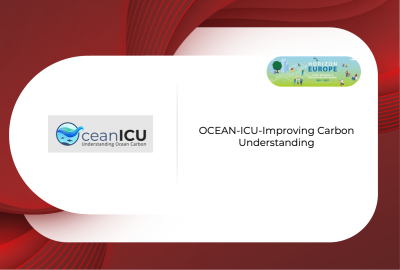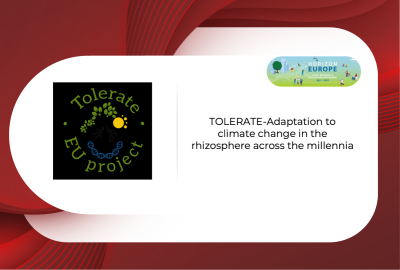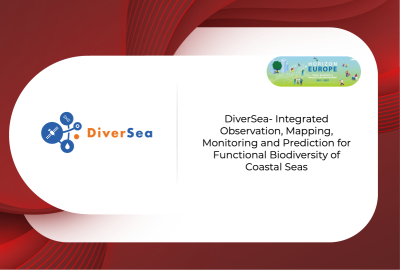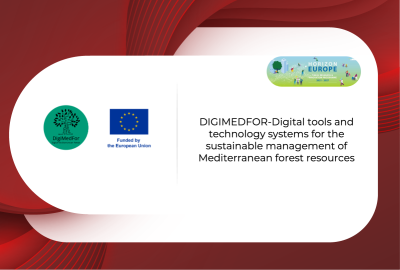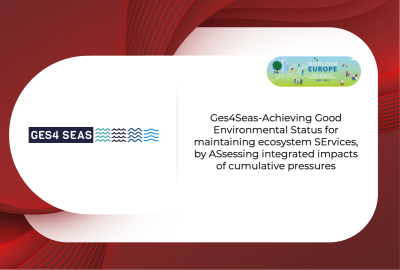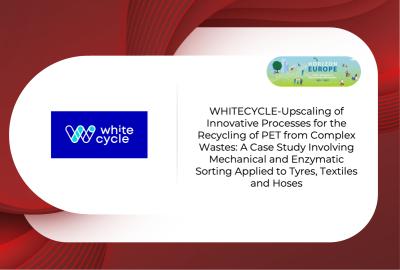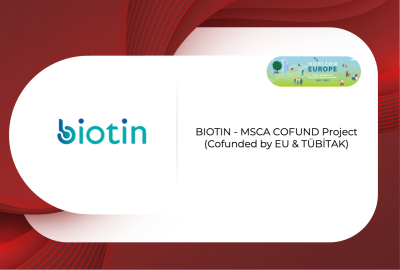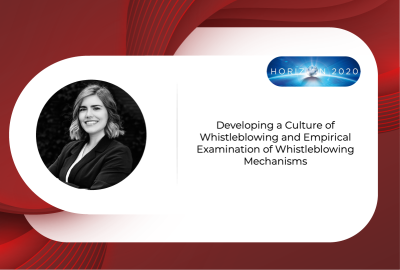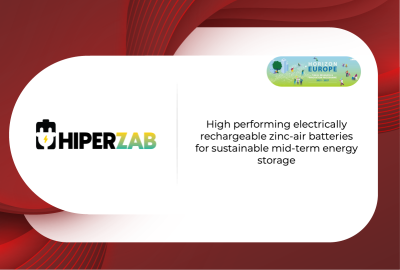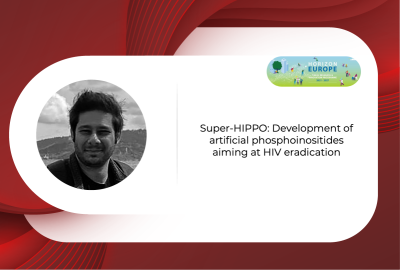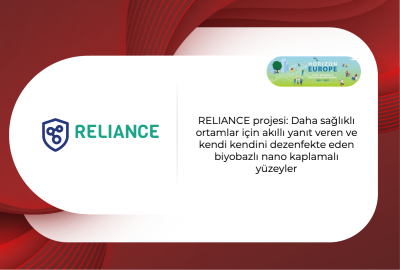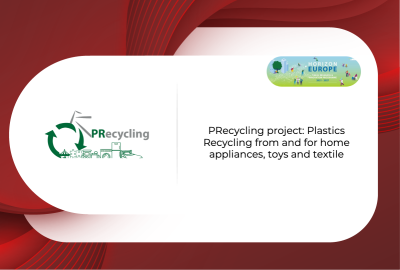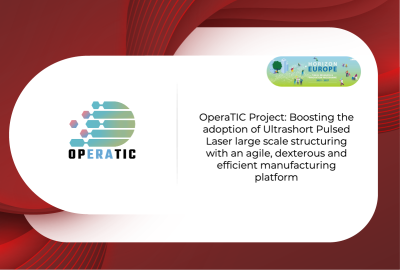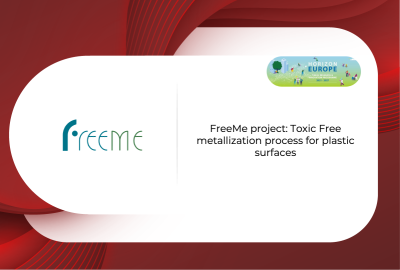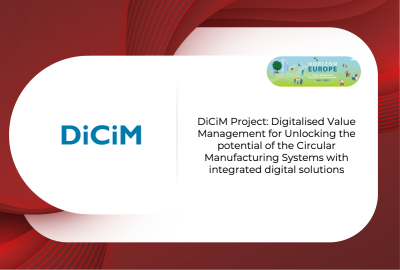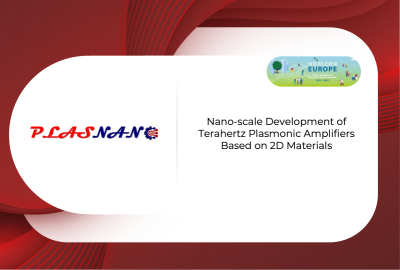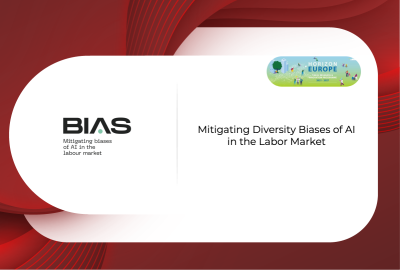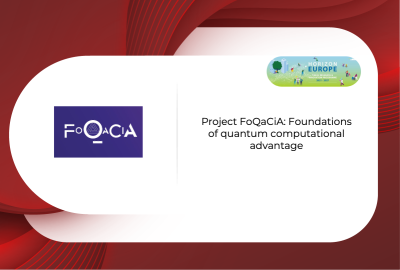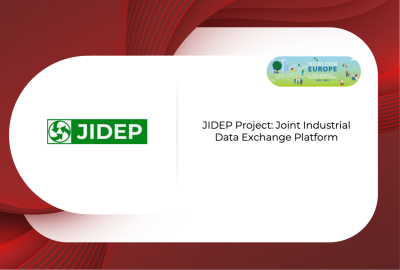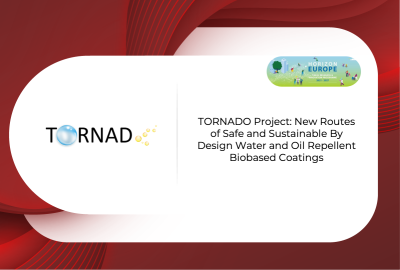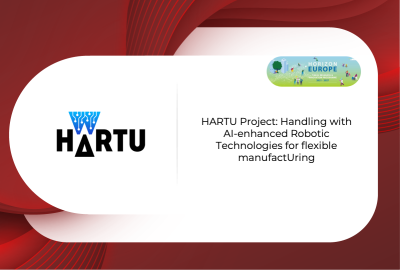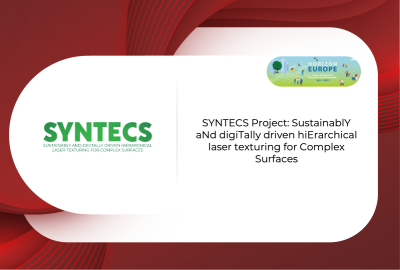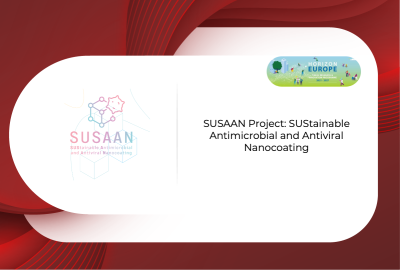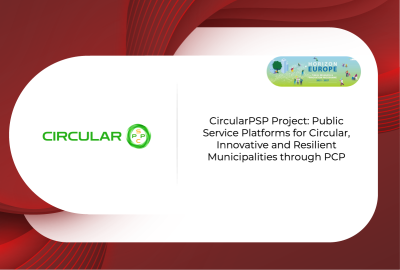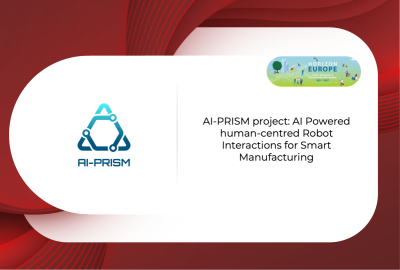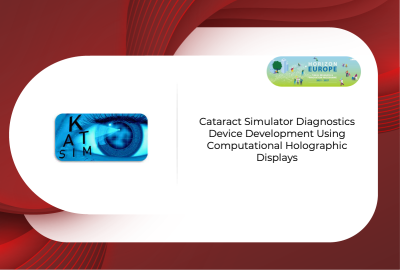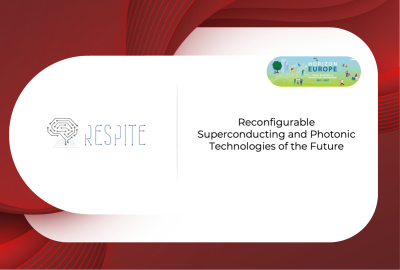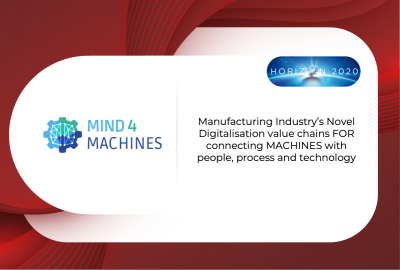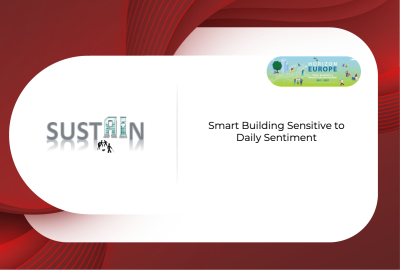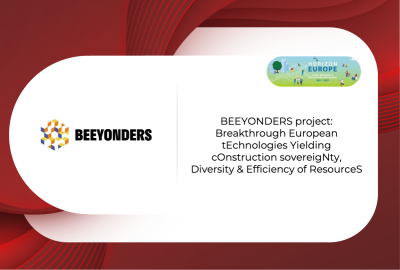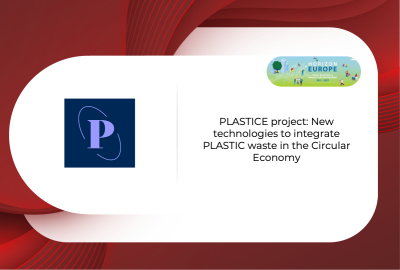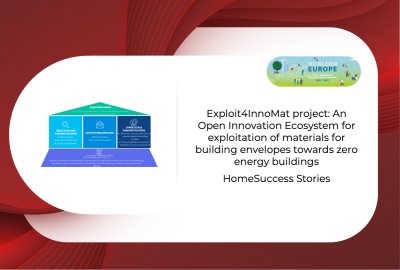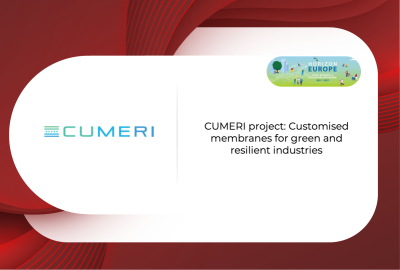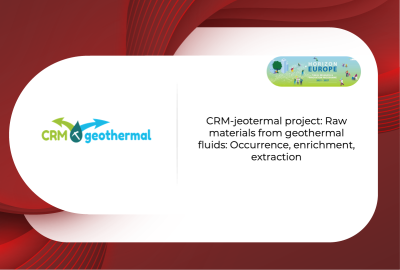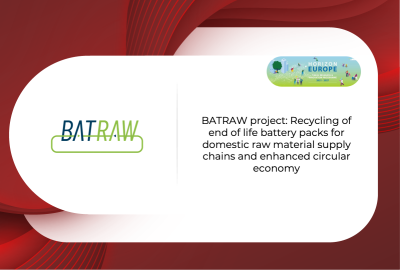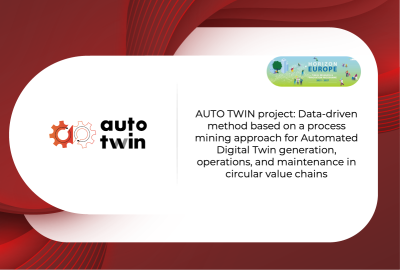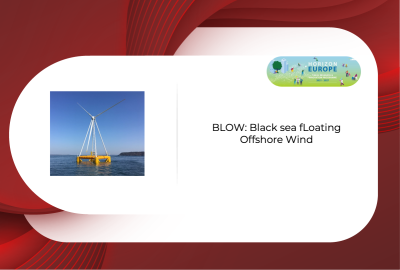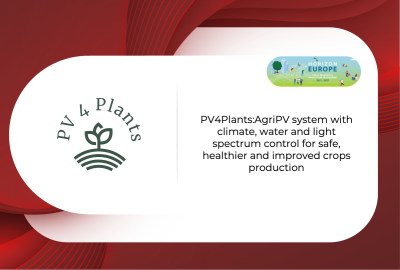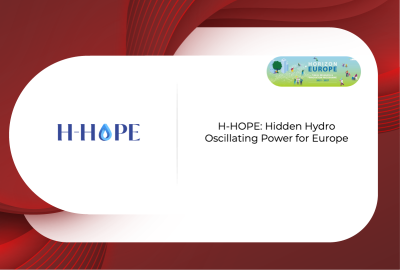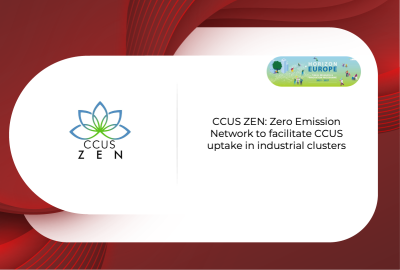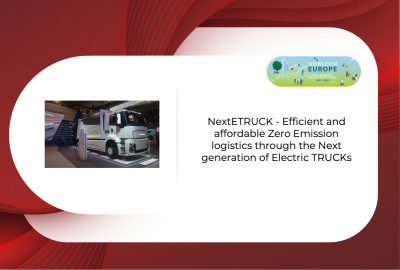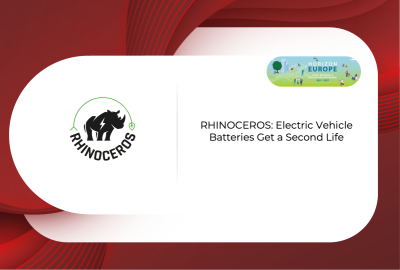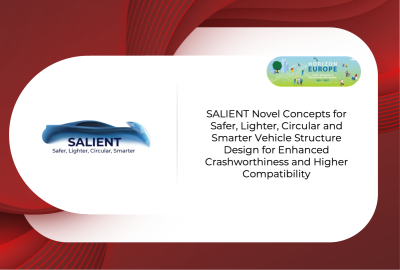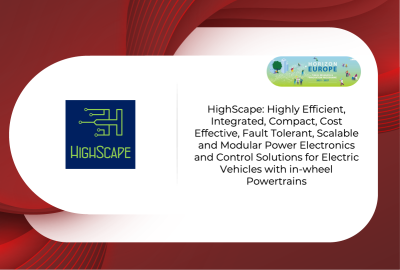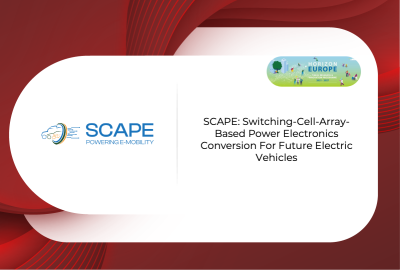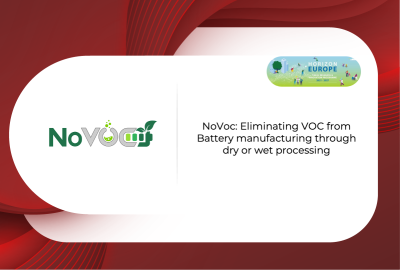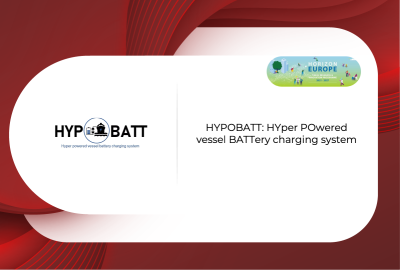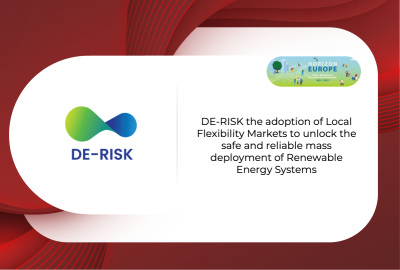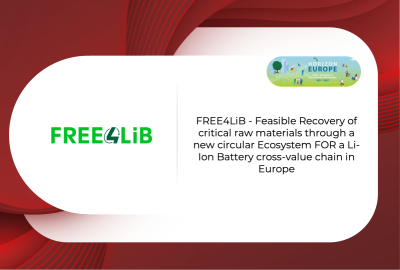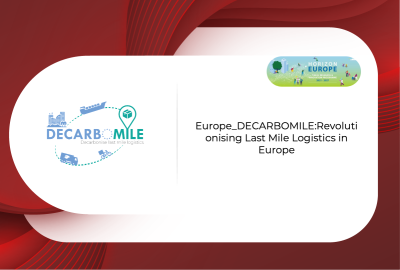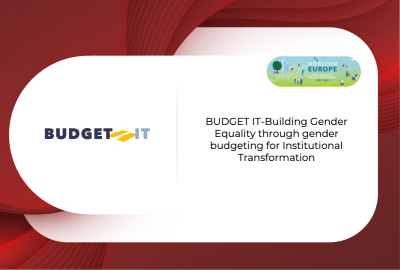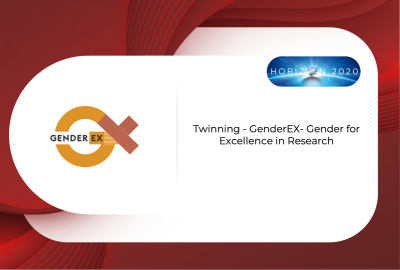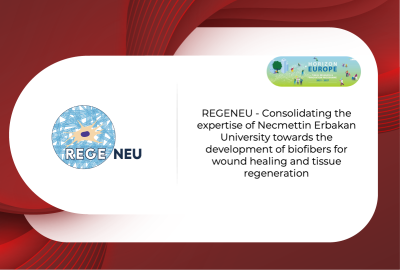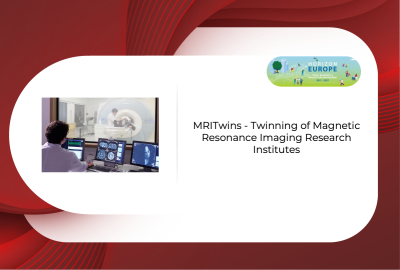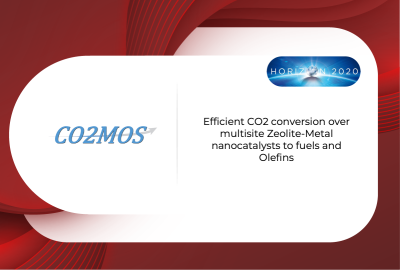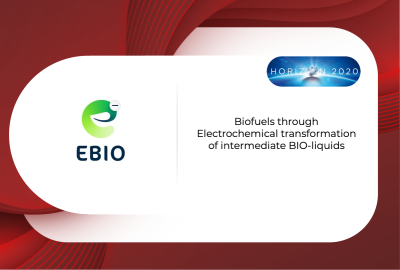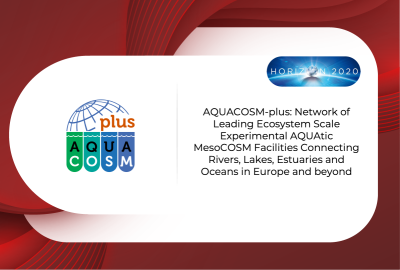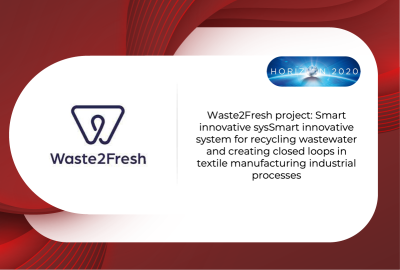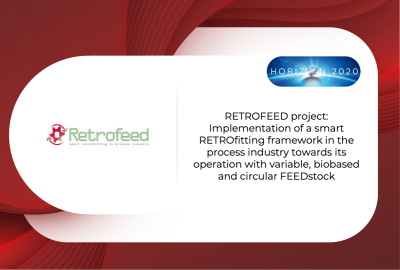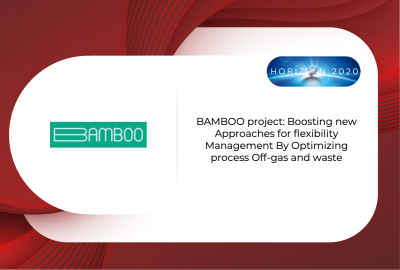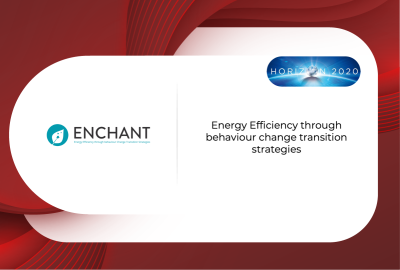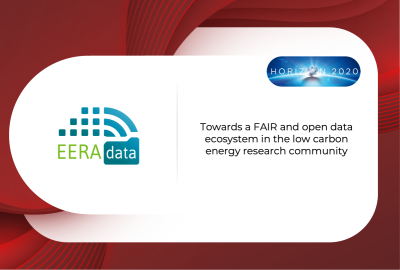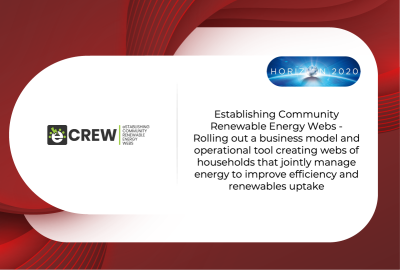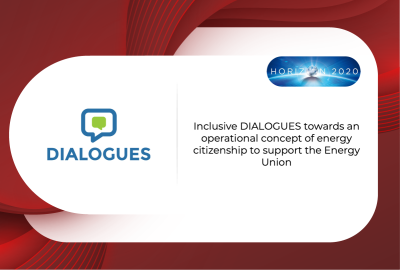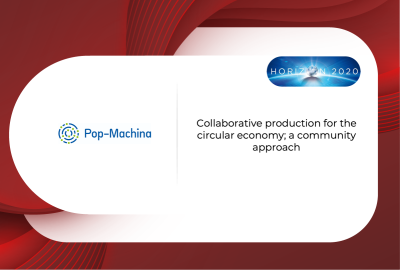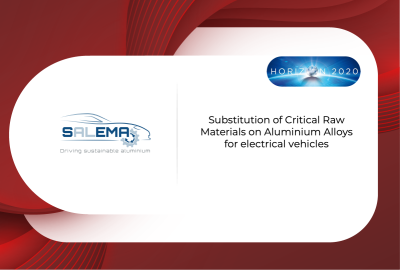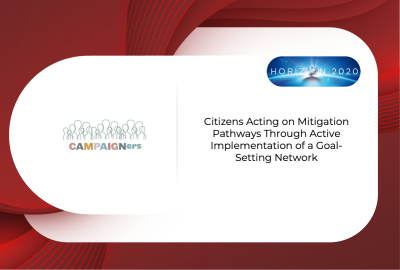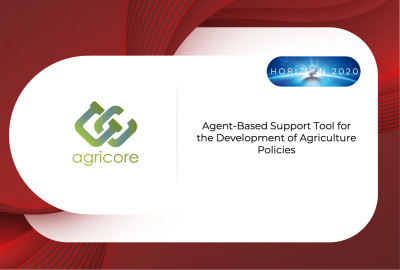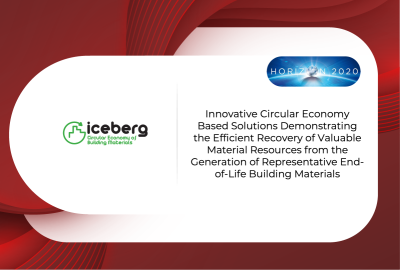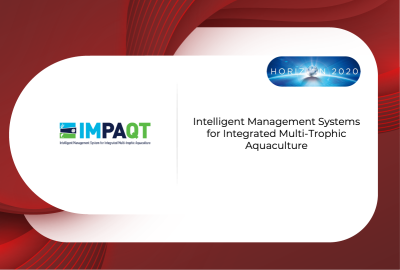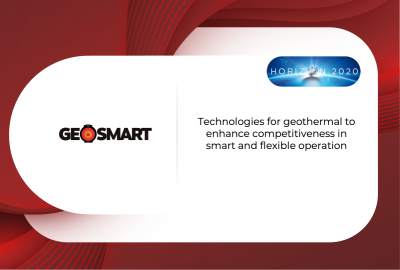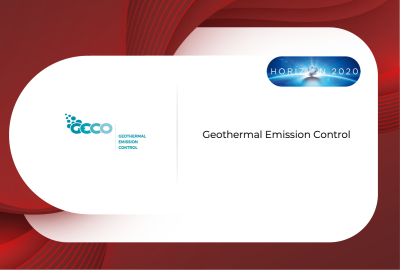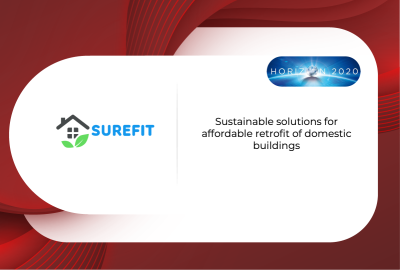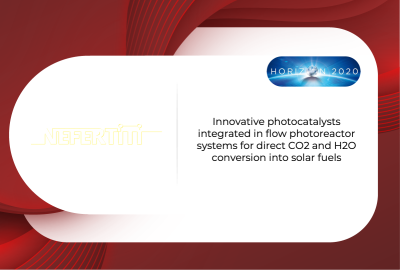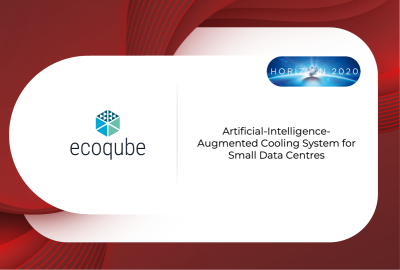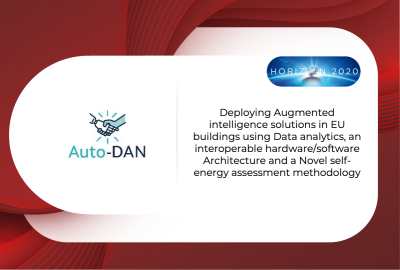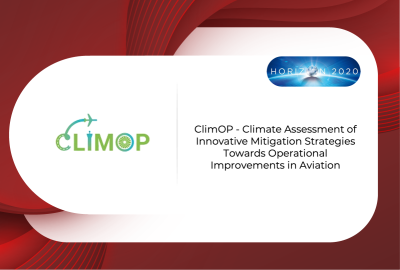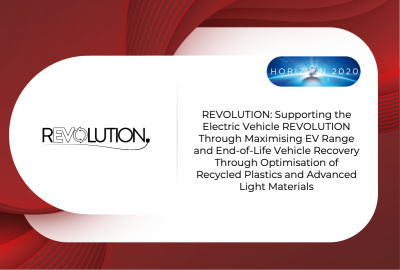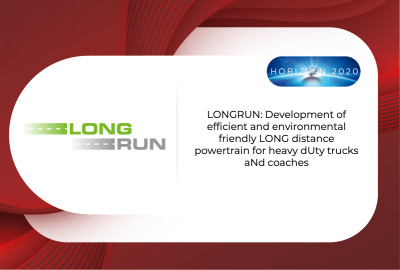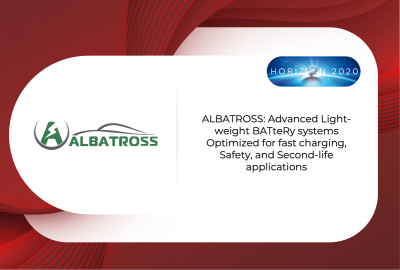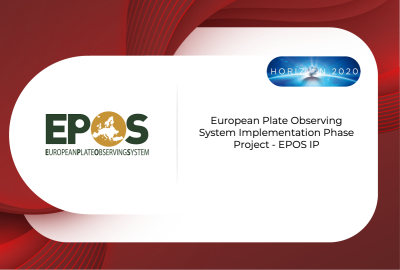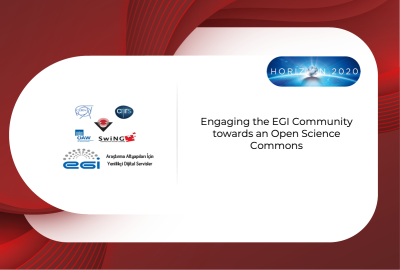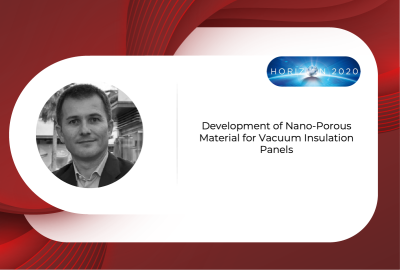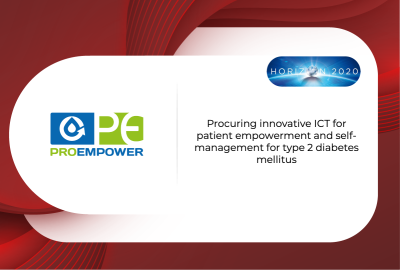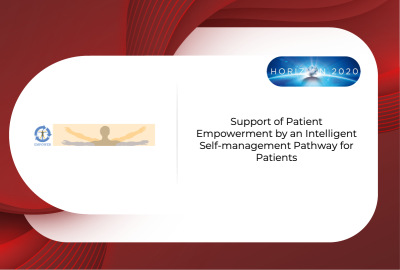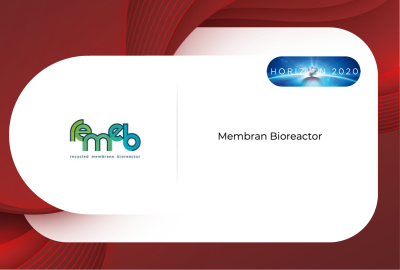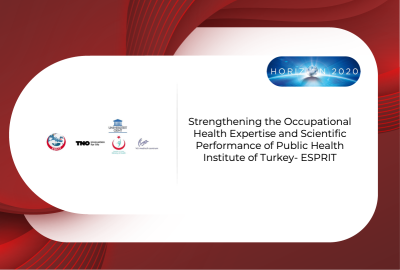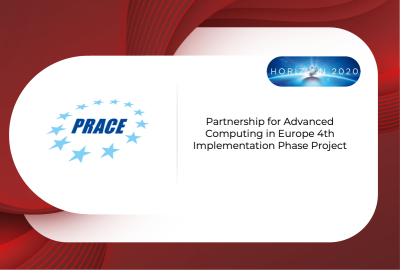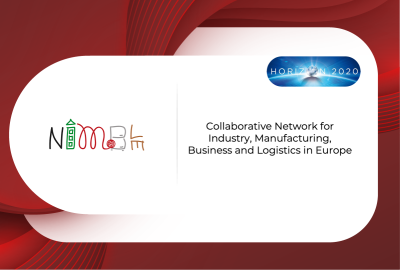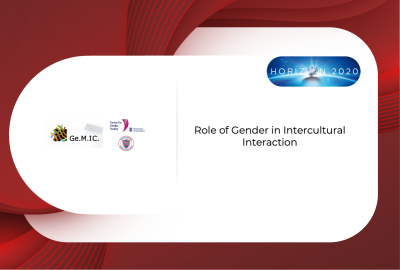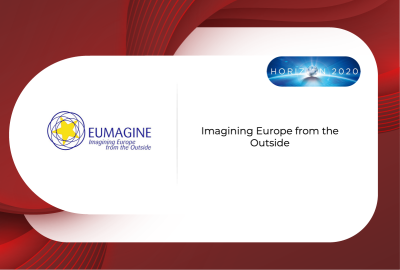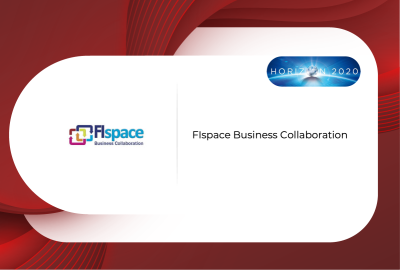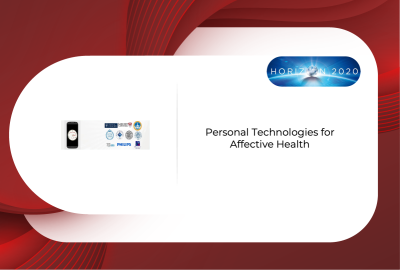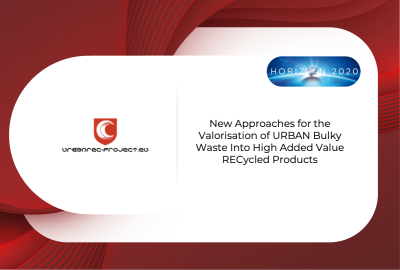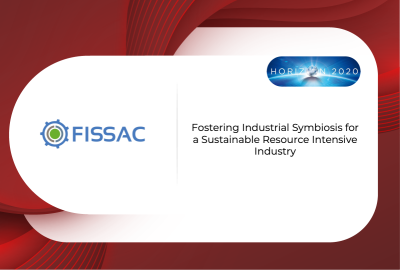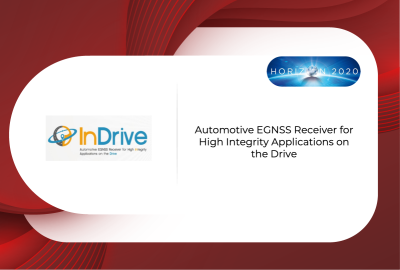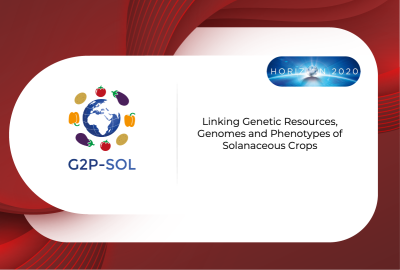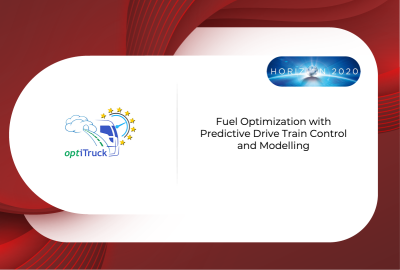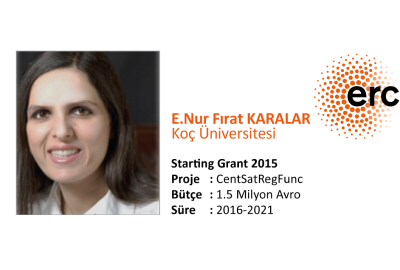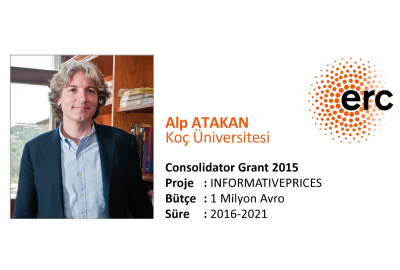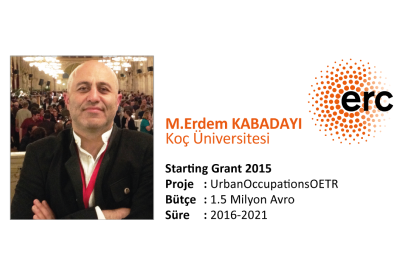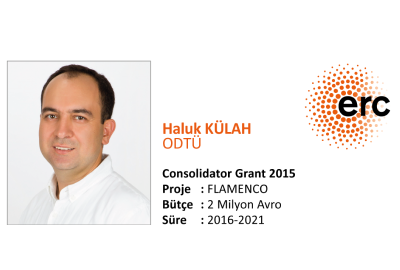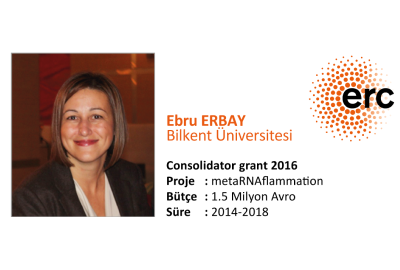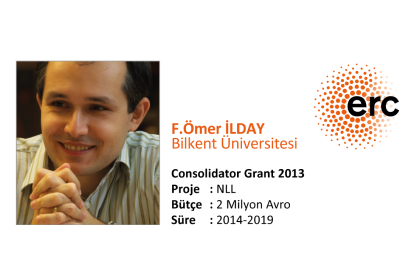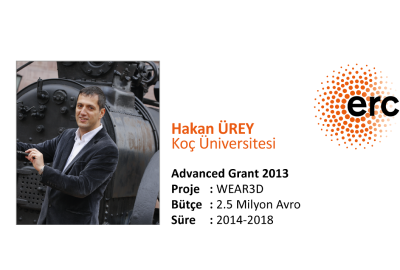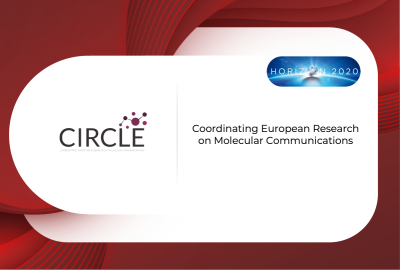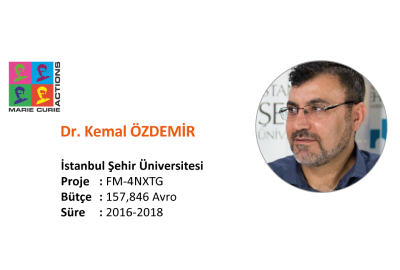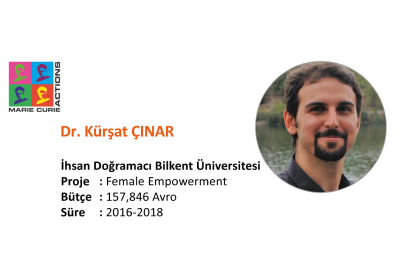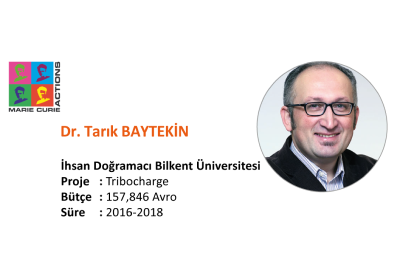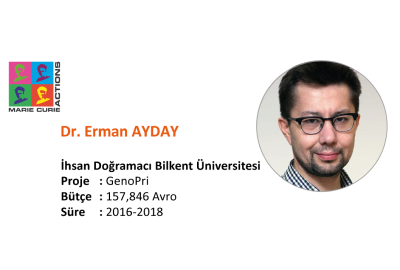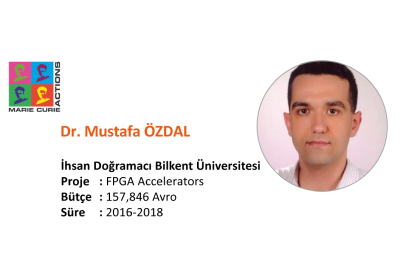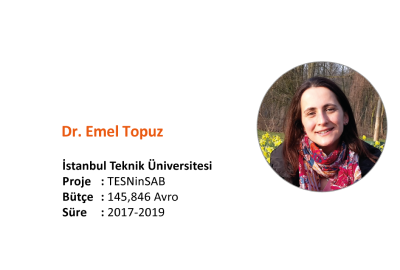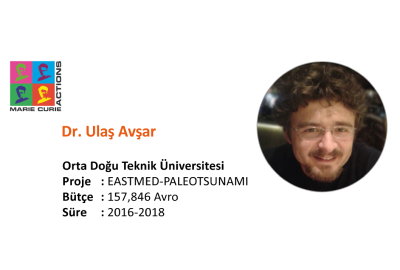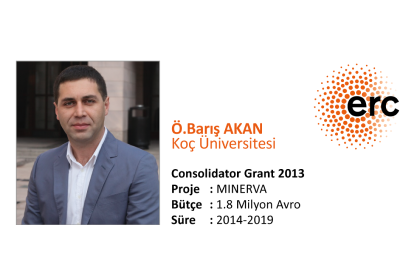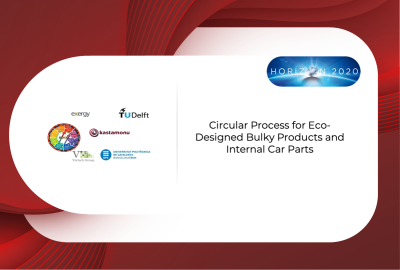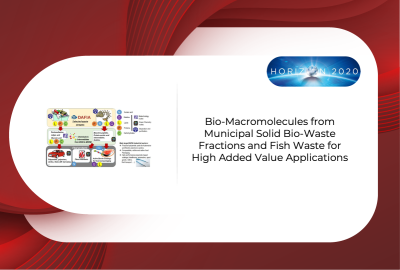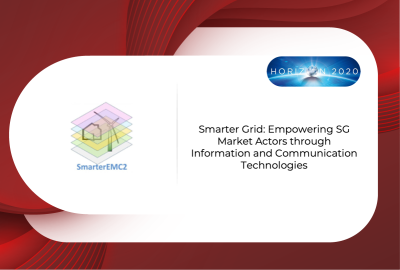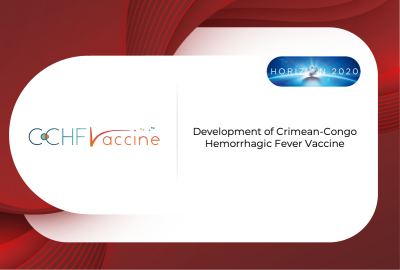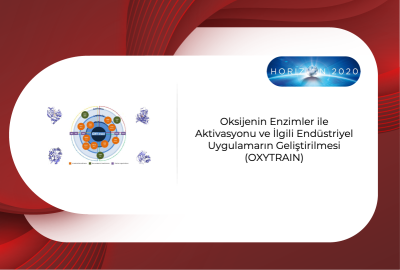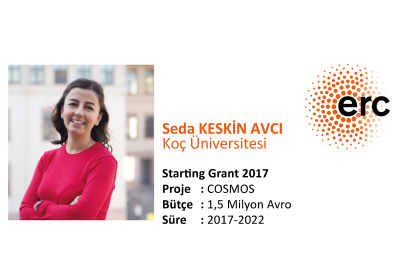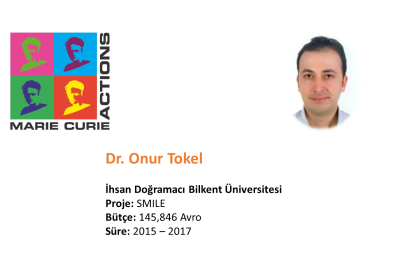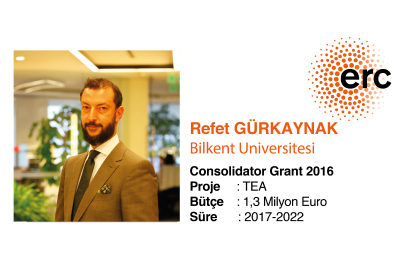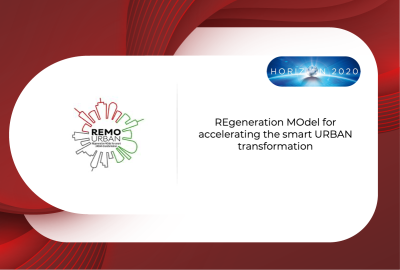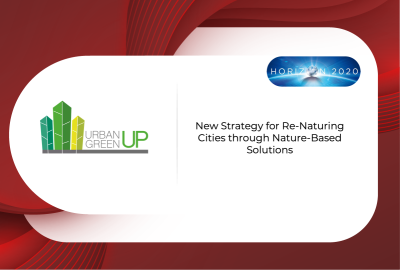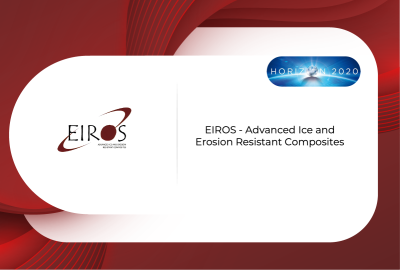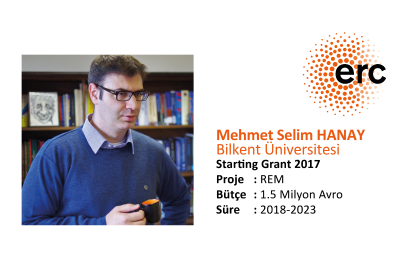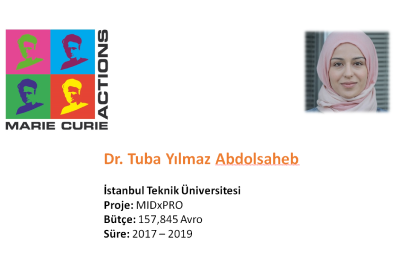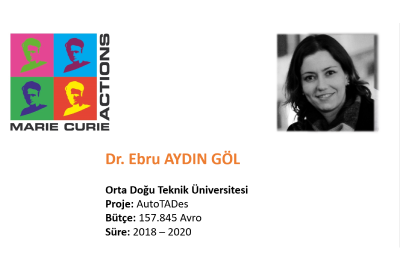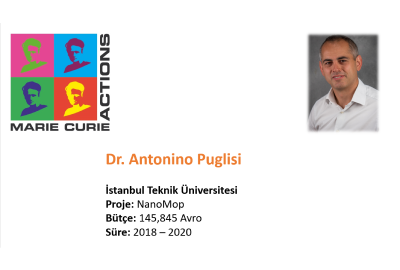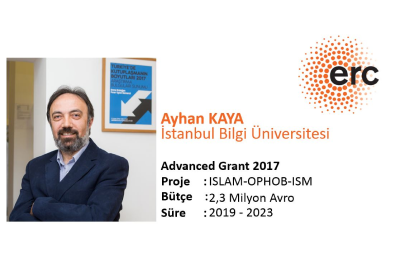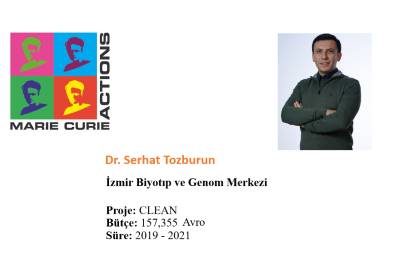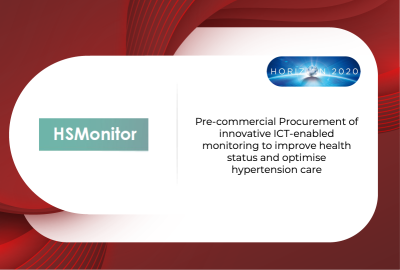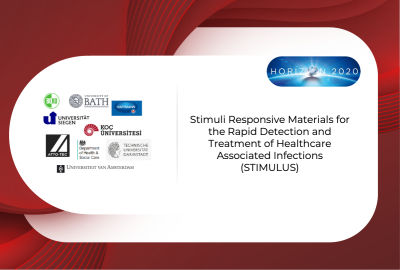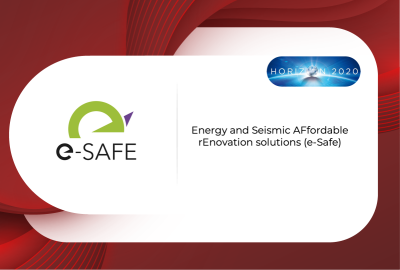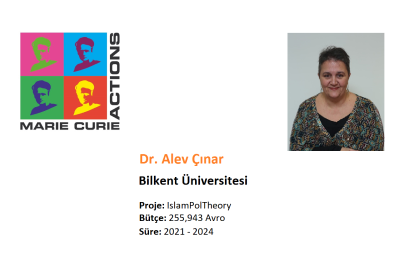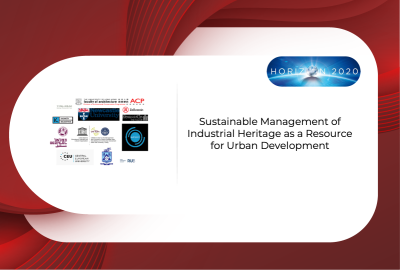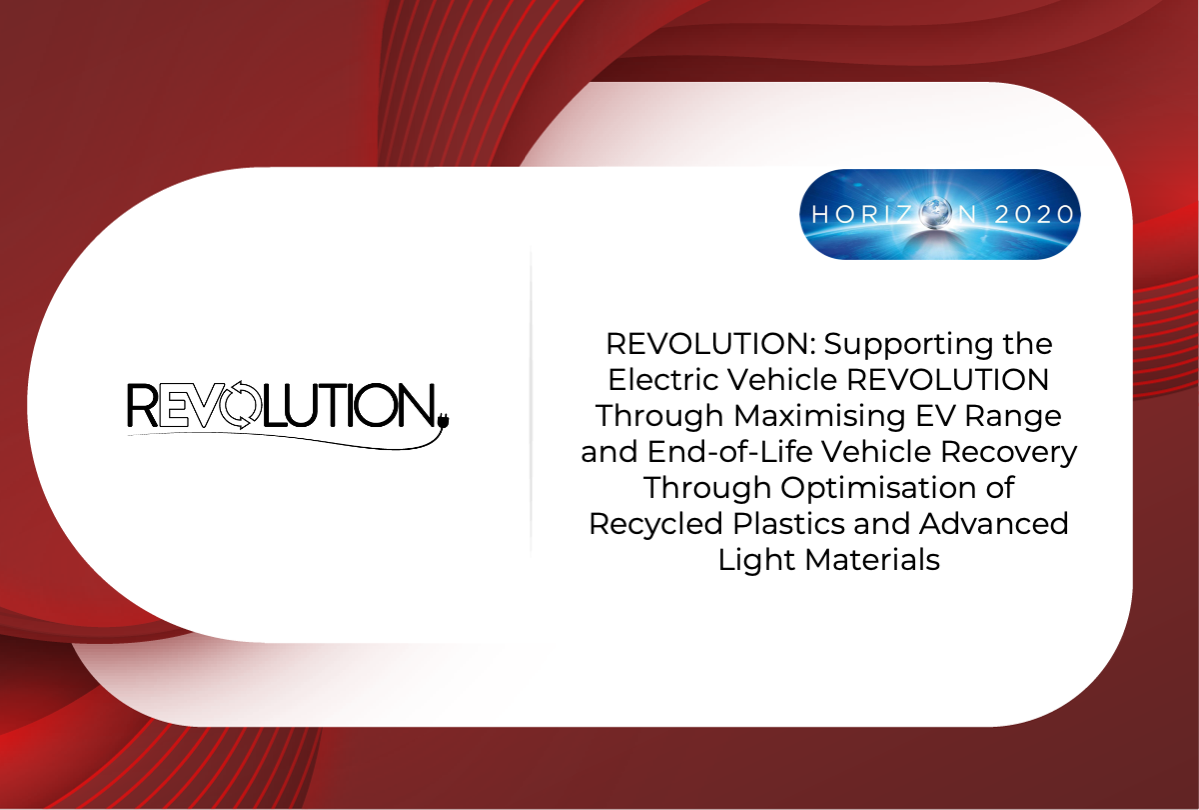
Start Date
01 December 2020
End Date
31 December 2023
Coordinator
Farplas Otomotiv Anonim Şirketi - Turkey
Project Total Budget
4.997.912,63 €
Turkish Partners
Farplas Otomotiv Anonim Şirketi, TOFAŞ Türk Otomobil Fabrikası Anonim Şirketi
Desteklendiği Program ve Alan
Climate, Energy and MobilitySupported Framework Program
Ufuk 2020 - H2020-LC-GV-2020 / LC-GV-06-2020 Advanced light materials and their production processes for automotive applications
Project Website
https://revolution-project.euProject Purpose:
- The REVOLUTION project focuses on overcoming the challenges hindering the use of recycled materials, proposing a disruptive innovation that will bring open-loop recycling to the forefront of automotive injection moulding. The project will use Artificial Intelligence to optimise the input of recycled materials and injection moulding process to deliver high-quality parts. Besides contributing to the adoption of circular economy principles in the automotive industry, the REVOLUTION project will work with specific materials that can be seen as lightweight alternatives to glass and mineral mineral-filled polymers. In some cases, even to metal. The REVOLUTION project will focus on achieving lightweight design by maximising recycled material and introducing materials that can offer ease of recyclability.
Scientific Output/Product/Outcome
- To ensure the efficient use of recycled materials, developed within the project in the automotive industry and to increase the sustainable use of vehicles while decreasing their environmental effects
- Increasing the productivity of using recycled materials in injection with the support of AI and machine learning
- To develop the vehicle structural part using in-part sensor to receive data from the component for instant control
- To ensure the energy efficiency of electric vehicles with the reduction of the total vehicle weight
Tackling Big Global Problems
- Today, unfortunately, plastic material waste harms much more the environment, and it is obvious that the circular economy principles in the industry are an urgent solution to implement. According to statistics, 1 tonne of recycled material saves 5774 kWh of energy, 16.3 barrels (2604 litres) of oil and 22 m3 of landfill, and there is an 80-90% reduction in energy consumption in production with recycled plastic compared to production from virgin materials (oil and gas). Therefore, recycling plastic materials supports combating global warming and climate change while reducing plastics' harmful effects on the environment and human health, and to use resources more efficiently. Since the automotive industry is an area where expectations and requirements are strict and high, the use of recycled materials in this area is currently not possible. The focus of the REVOLUTION Project is to overcome the challenges to the use of recycled materials primarily in the automotive industry and to ensure the efficient use of recycled materials.
- The lightweight of electric vehicles is very important in terms of reducing energy consumption. The REVOLUTION project will contribute to the reduction of energy need by its effect on the total vehicle weight.
Industrial Innovation (including innovation in products and processes as well as services)
- Developing recycled and low-density raw materials for use in structural and aesthetic parts on the vehicle
- Producing structural, aesthetic and smart automotive parts from recycled materials
- Developing AI-supported raw material and part production processes
- Leader project partners in material development, AI, and process development fields to increase their competencies with innovative solutions according to global sustainability and circular economy requirements
Research-induced Changes in National Policies and Strategies
- Determination of recycled material usage rates on vehicles to be produced/used in Turkey by project results
- Increasing recycling plastic waste and the use of recycled materials in Turkey by changing laws restricting the export and import of recycled materials
- Creating strategies and plans that will encourage the implementation of circular economy principles in different industries
Its Effect on Foreign Dependency and Current Account Deficit
- The knowledge and experience gained on the use of recycled materials in the automotive industry will contribute to the development of the Turkish automotive supplier industry in this regard. In addition, the automotive parts produced using recycled materials will be able to be provided to the Turkish OEMs and will be able to be exported to other OEMs abroad. It is expected to create a large export item.
- It is expected that there will be an increase in the export of lighter and environmentally-friendly vehicles, with the use of parts produced with recycled materials developed within TOFAŞ.
Contribution to Developing/Receiving Public Goods and Services
- The scope of the project related to environmentalism and circular economy can be directed to public sector benefit and trigger the development of new projects.
Contribution to the Development of Professional Skills and Professional Abilities
- During the development of artificial intelligence control algorithms, it is expected that Farplas will increase its competencies on AI and use these competencies in other areas related to the production field.
- It is expected that the design, testing and production engineering competencies of TOFAŞ will be increased by designing and testing parts with recycled materials.
- Instant material and production analysis capabilities in injection machines will be gained, which will be a first within Farplas.
Contribution to the Development of Human Resources
- Experts within Farplas and TOFAŞ will develop their competences and experiences in developing new materials, recycling, reuse, and using recycled materials.
- Material, process, design analysis, and data engineers working within the project will perform their jobs in a way to develop their competencies for global megatrends like artificial intelligence, circular economy, and environmental electromobility.

